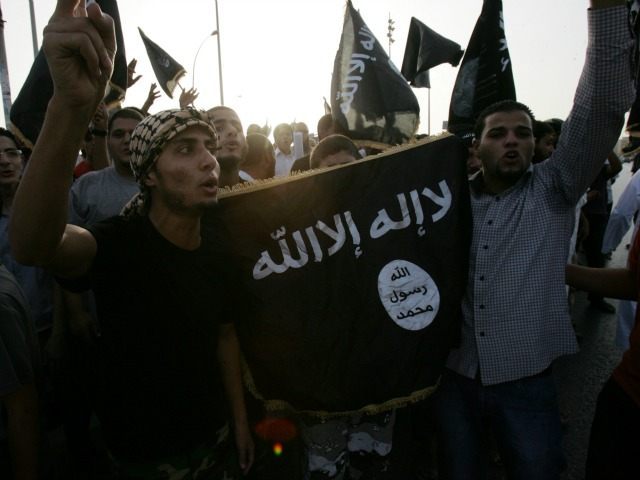The Islamic State’s (ISIS/ISIL) “repressive ideology” and the Yemen-based al-Qaeda wing continue to pose a significant threat to the United States despite the territory they have lost to the American military and its allies, according to the U.S. military.
Jihadists from the Al-Qaeda in the Arabian Peninsula (AQAP) branch are still considered “one of the deadliest and most sophisticated” groups on the globe even after the U.S. President Donald Trump’s administration “tripled the number of airstrikes” against the group in 2017, reports the New York Times (NYT).
The Times notes:
Since Feb. 28, as part of President Trump’s intensified campaign against terrorists, the United States has conducted nearly 130 airstrikes in Yemen — mostly against Qaeda militants with about 10 against Islamic State fighters, according to the Pentagon’s Central Command. That is up from 38 strikes in 2016.
“We have disrupted AQAP, but I remain concerned,” Gen. Joseph Votel, the chief of U.S. Central Command (CENTCOM), reportedly added. “This is an organization that’s proved resilient over time. This is an extraordinarily dangerous element of Al Qaeda.”
Meanwhile, U.S. Army Lt. Gen. Paul Funk, who serves as the leader of the anti-ISIS American-led coalition, revealed that although the alliance has recaptured 65,000 square miles of land from ISIS, the group’s ideology remains a menace.
“Their repressive ideology continues,” Gen. Funk said in a video message posted on the coalition’s official Facebook page. “The conditions remain present for Daesh [ISIS] to return, and only through coalition and international efforts can the defeat become permanent.”
U.S. officials have deemed AQAP to be the most dangerous branch of al-Qaeda.
NYT reports:
American allies have pushed the [AQAP] militants from their lucrative coastal strongholds. And the Pentagon recently boasted of killing key Qaeda leaders and disrupting the group’s operations. Yet the top United States counterterrorism official and other American intelligence analysts concede the campaign has barely dented the terrorist group’s ability to strike United States interests.
U.S. national security officials have recently warned that al-Qaeda remains intent on attacking America’s aviation sector.
“The Qaeda wing in Yemen remains so nefarious in part because the group has spent years inventing explosives that are difficult to detect, including trying to disguise bombs in devices like cellphones,” notes the Times. “It has tried at least three times to blow up American airliners, without success.”
NYT learned that the Trump administration lacks “the deeper understanding” of ground conditions in Yemen given the United States does not have the military or CIA presence inside the country it had before the Iran-allied Houthis took over Sanaa in 2014.
Nevertheless, Lt. Col. Earl Brown, a spokesman for CENTCOM, reportedly said on December 20 that recent American military airstrikes “have put pressure on AQAP’s network, severely limiting their freedom of movement, disrupting the organization’s ability to recruit and train, and limiting AQAP’s ability to plan and execute external operations.”

COMMENTS
Please let us know if you're having issues with commenting.